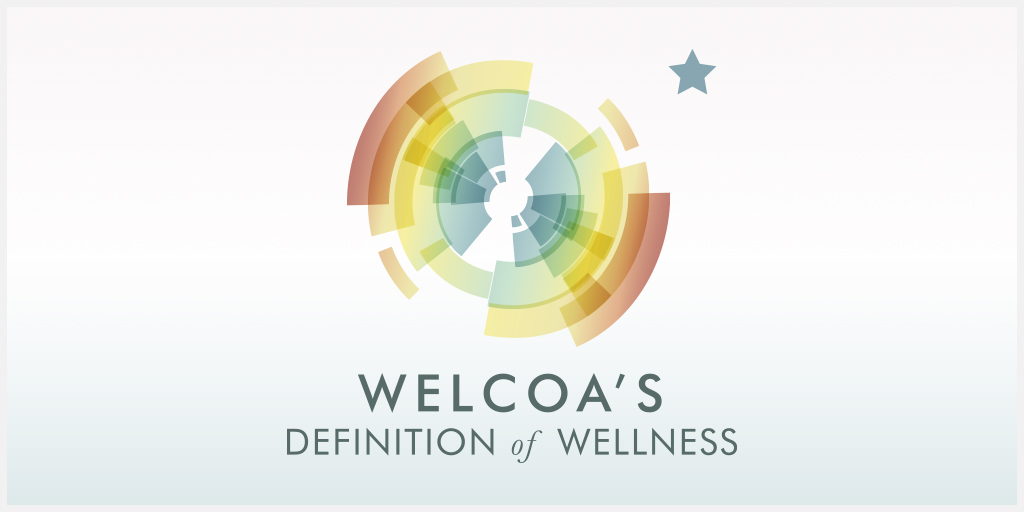By Sara Martin, Interim CEO, WELCOA
Living during and through a global pandemic has raised some critical questions about what it means to be truly well. If you think about the workplace as a microcosm of bigger, broader issues, there is a lot to learn from the different ways that people are thriving—or not thriving—in the greater society. From access to proper care to social connection, and from resources for healthy living to basic physical safety, there are many factors that have proven to support the well-being of people who have their needs met. Limited availability of these factors continues to prove detrimental for those who do not have these needs met. Yet, these are basic human needs.
Employee well-being is taking center stage more than it ever has before. The most human-centered organizations are thinking about whether you, as an employee, feel taken care of and safe. Do you feel your organization cares about your needs and safety during this pandemic? If not, are you able to be well in spite of your company’s efforts? If you are in the physical or emotional trenches because of your job, it would be very difficult to get your basic needs met if your employer is doing little to help. Where we work has an impact on our well-being, and there is a responsibility for employers to help support employees.
Now more than ever, it is important to think about how we can begin making the workplace whole, starting with the human. To make the workplace whole, and a space that supports employees as whole people, it can be best to drill down to the basics. Below is a list of seven areas of human needs that WELCOA believes are required to achieve true wellness at work. Ask yourself how your organization is addressing these needs, and if you feel like you are getting them met during these uncertain times.
- HEALTH—Beyond the absence of mental and physical illness, health is a feeling of strength and energy from your body and mind.
- MEANING—Feeling part of something bigger than yourself. Knowing that your work matters. Having purpose.
- SAFETY—Knowing that you are safe from physical and psychological harm. Trusting your organization and team. Free of concern about meeting basic life needs.
According to an analysis of several field experiments and surveys, people at high-trust companies reported 74 percent less stress, 106 percent more energy, and 40 percent less burnout than people at low-trust companies.
- CONNECTION—Experiencing positive, trusting relationships with others. Feeling a sense of belonging, acceptance, and support.
- ACHIEVEMENT—Feeling you have the support, resources, and autonomy to achieve your goals.
- GROWTH—Learning and being challenged to use and expand on your strengths.
- RESILIENCY—Viewing life with optimism. Feeling grateful and expressing appreciation.
If your organization is not addressing these needs, there are resources that can help. Tools you can share with your employer for more information and to start shaping processes around workplace well-being improvement include PRA’s Mentally Healthy Best Practices Guide and Take Charge! Workbook. Podcasts from PRA and WELCOA provide suggestions for employers on supporting employee health and well-being. WELCOA has toolkits, videos, and more focused on making the workplace whole.
Making the workplace whole requires us to put the human at the center of decision-making and to consider the complexities of meeting these seven basic needs. For additional resources on creating more human organizations, visit welcoa.org/covid.


